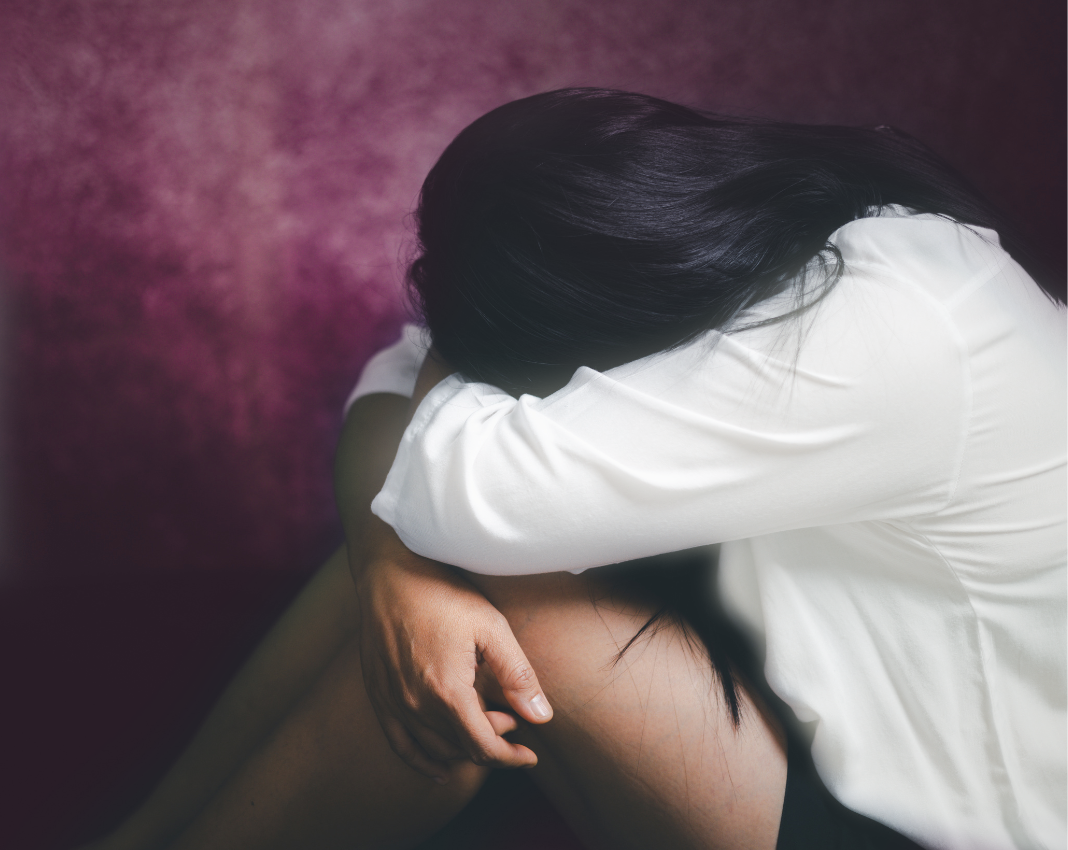Getting into a rideshare in New York is part of daily life for many people—whether it’s a late ride home from work, a quick trip to meet friends, or a safe way back after a night out. Most of the time, it’s just another ride. But for some, that ride has taken a devastating turn, with reports of sexual abuse by drivers.
It’s not easy to think about, but it’s important to talk about. If you’ve been through something like this, the road forward can feel confusing. There are steps you can take right away to protect your safety, your health, and your rights.

We can help answer your questions and connect you with an attorney if you may have a case.
According to Uber’s U.S. Safety Report, tens of thousands of safety incidents were reported between 2019 and 2020, including sexual misconduct. While most rides are completed without problems, it’s important to be aware of potential risks, especially in densely populated areas like New York City, where rideshare use is high.
Some situations that may increase vulnerability include:
Awareness doesn’t guarantee safety, but it can help you make quicker decisions when something feels off.
The Midland College safety guide and New York public safety resources recommend these steps:
In the moments after an assault, your body and mind may be in shock. Everything can feel unreal. If you can, focus on just one step at a time:
If you think you might report the assault—whether now or later—holding onto evidence can be important.
Most rideshare apps allow you to report a safety issue directly from your trip history. If you can, make the report soon after the incident and keep a copy of what you send. This may help if you choose to pursue legal action.
These organizations can connect you with confidential support, counseling, and legal guidance.
New York has deadlines for filing both criminal and civil actions related to sexual abuse. The sooner you take action, the more options you’ll have—and the more likely it is that evidence will be preserved.
The thought of taking another rideshare might feel overwhelming. If you do choose to ride again:
No one ever expects a routine ride to turn into something traumatic. If you’ve been harmed during a rideshare trip, know this: what happened is not your fault, and you don’t have to face it by yourself. In New York, there are people, services, and legal options ready to stand beside you as you work toward safety, recovery, and justice.
If this guide helped, consider saving the one-page version to your phone and sharing it. A quick share could make a hard moment safer for someone else.
Being assaulted by a Lyft or Uber driver is not your fault. You deserve answers. You deserve advocacy. And most of all—you deserve justice.
Let us help you move forward.
Contact Survivors Justice now for your free, private consultation.
